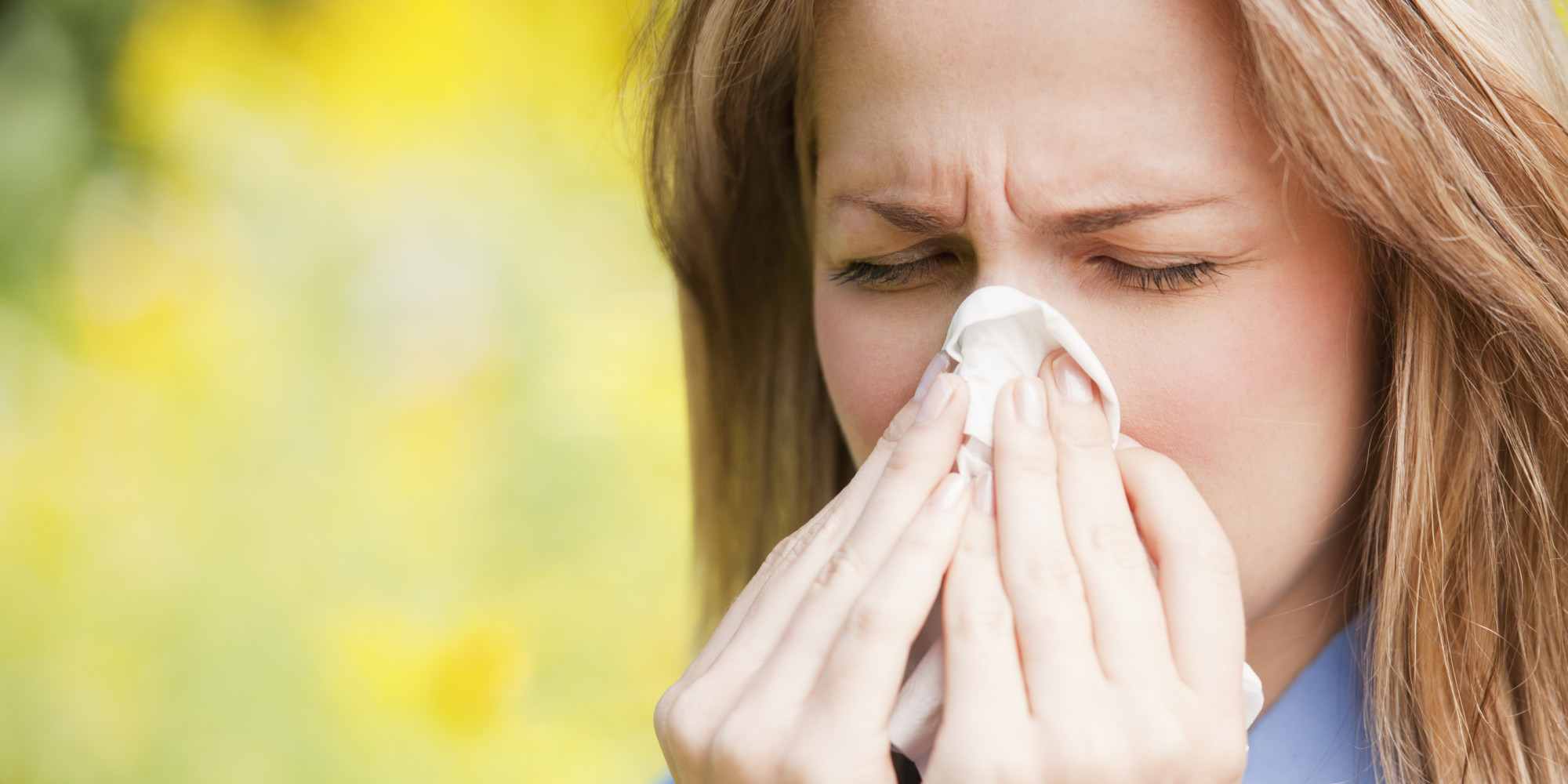ASK LESLIE!

Question: I moved here four years ago and have
developed seasonal allergies which occur every spring. What can I do? I have never had allergies before!
ANSWER:
Welcome to Southport!
Allergy symptoms occur because you have an intact and functioning immune system. Your body perceives a “foreign” substance and your immune system begins to react in hopes of removing the substance, also known as the allergen. In some, this allergen that provokes an immune response perceived as harmful may be pollen, pet dander or even a certain food which causes other people no effect. When the body comes in contact with the specific allergen, it may inflame the nose, sinuses or airways, the skin or even the gastrointestinal tract. Symptoms depend not only on the substance but also on the immune response which can cause mild to severe symptoms.
In the case of seasonal allergies, the most likely allergen causing you problems is airborne pollens from the trees and plants beginning to bloom as the weather warms. A quick look to the hood of your car gives you a hint as to the degree of yellow pollen currently enveloping Southport. Typical symptoms are those of allergic rhinitis or inflamed upper airways such as sneezing, itching or your eyes or nose often described as burning, red and watering eyes and a runny or stuffy nose combined with sneezing. Complications sometimes develop from these symptoms and present as asthma, sinusitis or ear and lung infections. It is important to note that many people mistake the symptoms of severe allergic rhinitis for sinusitis and want an antibiotic which will NOT improve your symptoms.
Luckily, over the past several years, many medications used to treat seasonal allergies have been moved from prescription status to over-the counter availability. These include oral antihistamine medications which block the chemical released by your immune system that causes your symptoms. Typically, these medications like diphenhydramine may cause you to be drowsy but there are others such as Cetirizine, Desloratidine, Fexofenadine and Loratadine which are less likely to put you asleep at your work desk. In addition, many of these medications are formulated in combination with decongestants to further improve your stuffy symptoms. Caution comes with decongestant use because although they often give quick relief, they are not indicated if you have high blood pressure, heart disease, thyroid disease, are pregnant or have glaucoma. In addition, decongestants often dry your respiratory passages out too much causing you to feel worse.
Instead of taking a pill, nasal sprays are available in antihistamine, steroid and decongestant varieties which aid in the alleviation of nasal congestion and irritation and sinus congestion. Be sure to follow label instructions as use of nasal decongestant sprays for longer then 3 days may make your symptoms worse!! Antihistamine eye drops are available over-the-counter for treatment of your eye-associated allergy symptoms.
Steroid medications can also be used to diminish the response of your body and decrease inflammation in your ears, lungs and nose. These include corticosteroid nasal sprays, inhalers, eye drops as well as oral tablets. Check with your pharmacist as there are some nasal sprays and eye drops that are over-the-counter while others require a prescription.
Allergy shot immunotherapy is often prescribed in severe cases; this requires testing and receiving shots in increased strength before continuing on a maintenance dose.
Avoidance of the allergen is certainly the best prevention but often not practical as in the case of the “yellow clouds” swarming our town. If possible, remain inside with windows closed. Choose medications which are appropriate for your symptoms. Many people find relief in use of saline nasal irrigation through a squeeze bottle or neti pot. Be sure to follow directions on your neti pot to prevent further infections.
The use of local honey has been reported to decrease allergy symptoms but results have not been duplicated scientifically. Honey has been used as a cough suppressant and purportedly has anti-inflammation properties which makes sense that it would help allergy symptoms. In addition, local honey that is not commercially filtered or pasteurized contains traces of pollen so ingesting honey would give a person repeated exposure to the pollen allergen in small amounts –almost like an allergy shot! However, never give honey to an infant less than 1 year of age to prevent the risk of botulism.
Whatever your cause of seasonal allergies, do rest assured that it will pass. Choose the appropriate treatment for your symptoms and seek medical care from your health care provider if needed.
– Leslie Reschly, BSN RN











Leave a Reply